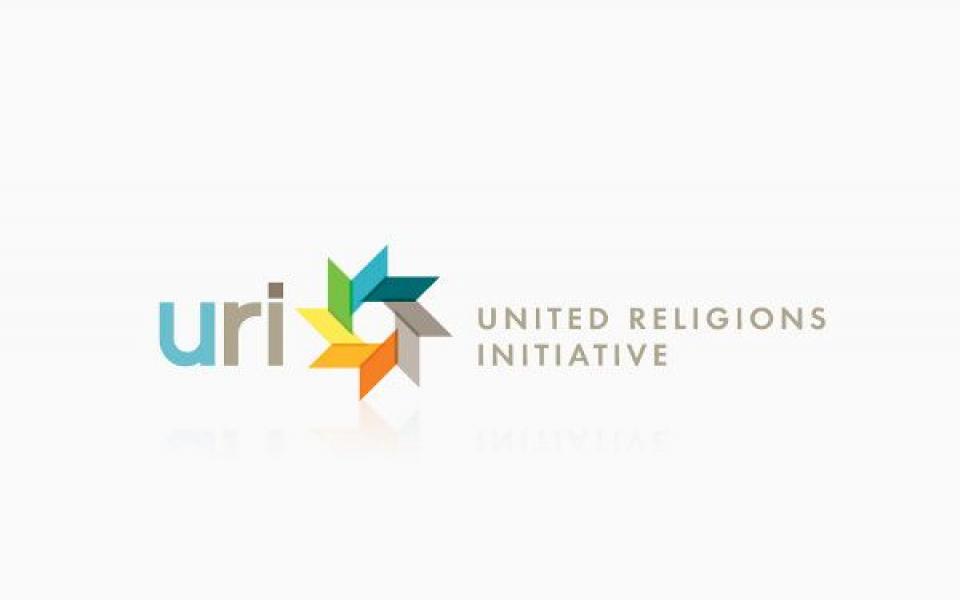
ounded in 2001, the Inter-Religious Council of Uganda (IRCU), is an indigenous, national faith-based organization uniting efforts of religious institutions to jointly address issues of common concern. IRCU is constituted by; the Roman Catholic Church (RCC), the Church of the Province of Uganda (Church Of Uganda-COU), the Uganda Orthodox Church (UOC), the Uganda Muslim Supreme Council (UMSC), the Seventh-day Adventist Uganda Union (SDAUU), the Born Again Faith in Uganda (BAF) and the National Alliance of Pentecostal and Evangelical Churches in Uganda (NAPECU). Similarly, IRCU works with other religious organizations, namely the Spiritual Assembly of the Baha’i, the Methodist and Lutheran Churches.
IRCU delivers services through religious leaders and religious structures and infrastructure, which cascade down from national to the grassroots levels. Among the religious based institutions through which IRCU delivers services are; health facilities, universities, schools, Vocational/post-secondary institutions and regional and district governance structures (dioceses, deaneries, fields and Muslim districts, counties and villages). IRCU plays the coordination function to ensure coordinated approaches, coherence of effort, maximization of synergy and sharing of resources to enable these structures and infrastructure to provide quality services to God’s people. IRCU’s main focus is on promotion of peace and conflict transformation, sustainable human development and network development among the Religious Leaders, communities, women and youths.